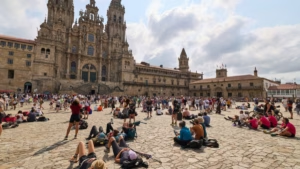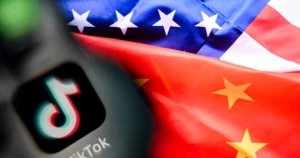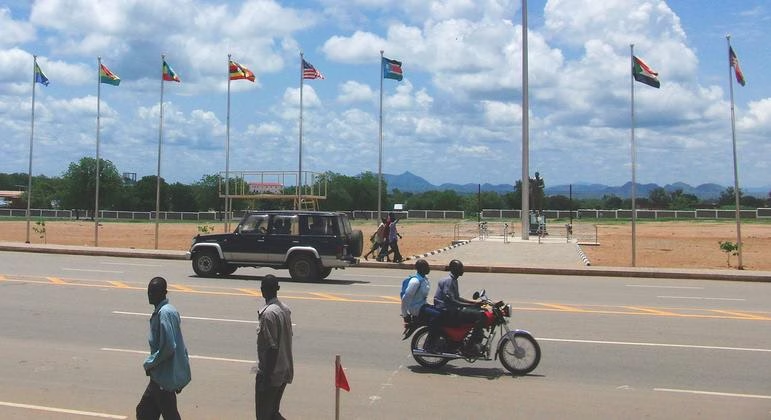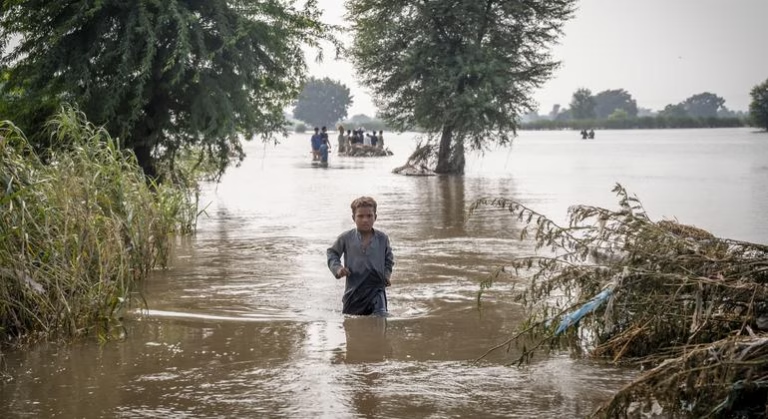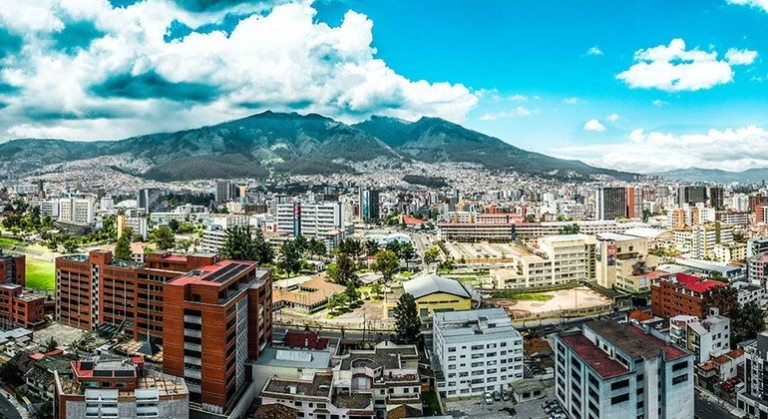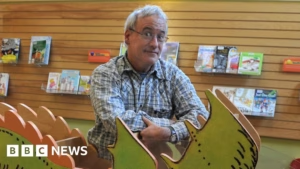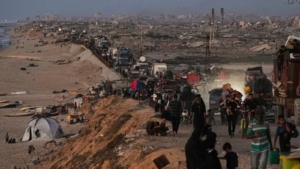
“This report exposes the looting of a nation; corruption is not random, it’s the cause of South Sudan’s downfall,” stated Yasmin Sooka, Chair of the Commission.
“It leads to hunger, the breakdown of healthcare, and avoidable deaths, as well as ignites violent conflicts over resources.”
Funds Embezzled
South Sudan, upon its independence in 2011, suffered from decades of violent civil warfare with Sudan, leaving behind a legacy of conflict, state tyranny, and poverty.
Thirteen years on, the ruling elite continue to vie for control over natural resources.
The report reveals that the Sudanese government’s oil receipts since 2011 have totaled over $25.2 billion, yet very little is allocated to critical services. Due to rampant corruption, education, public health, and justice systems are in dire straits.
“The diversions are not mere financial mishaps – they result in avoidable deaths, severe malnutrition, and exclusion from education,” stated Commissioner Carlos Castresana Fernández.
“Three-quarters of child fatalities are preventable — yet funds are siphoned into patronage and personal gain, not healthcare or clean water and sanitation.”
Various Corruption Tactics
The ‘Oil for Roads’ project is just one of the many corruption schemes outlined in the report. Intended to develop infrastructure, it failed to deliver on the promise of new roads. An estimated $2.2 billion has been funneled into political patronage networks through this off-budget initiative.
The report also describes schemes by Crawford Capital, a company with political ties, in siphoning non-oil revenues where little of the collected taxes reach government coffers, hindering vital humanitarian food aid operations.
Urgent Need for Reform
A 2018 peace agreement pledged structural reform and better public financial management, yet this reform has not been adequately funded or executed.
Among the 54 recommendations, the report emphasizes the need to prioritize the implementation of elements within the peace agreement aimed at improving South Sudan’s basic services, enhancing accountability, and ending impunity.
“When public funds become private wealth, peace cannot last. For the transition to succeed, pursuing economic crimes and investing in human rights must be prioritized,” said Ms. Sooka.
The UN Human Rights Council established the Commission on Human Rights in South Sudan in March 2016. The Commission consists of three members not employed by the UN who volunteer their time without compensation.
Source: https://news.un.org/feed/view/en/story/2025/09/1165862

